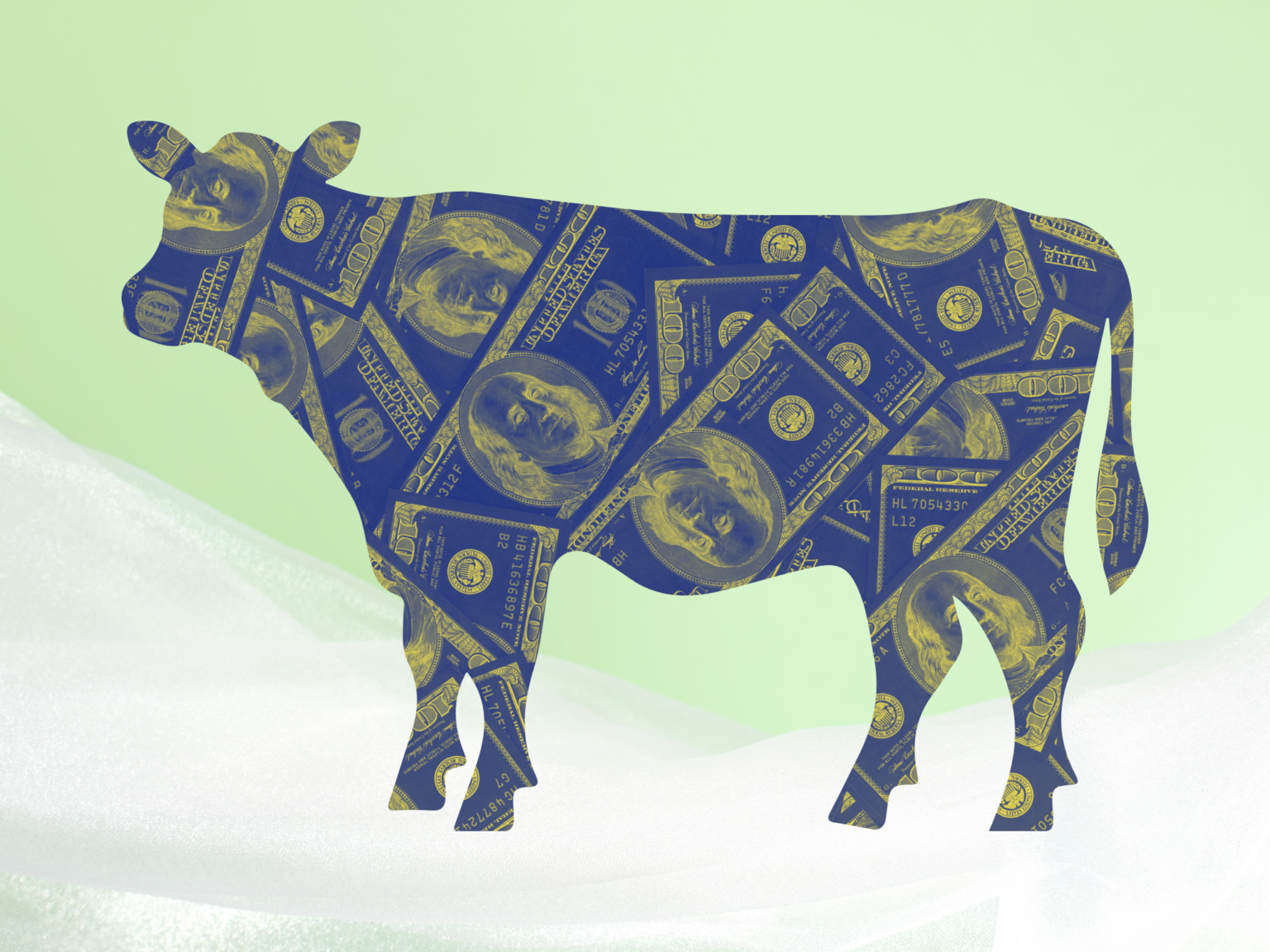Imagine a world where healthier food is cheaper, deadly diseases are reduced, and governments collect billions in new revenue—all by adjusting a single tax. A groundbreaking study from the University of Oxford suggests that changing how we tax food could do just that.
The Case for Smarter Food Taxation
Taxes on food aren’t new, but what if they were designed to improve both public health and the environment? Denmark recently made headlines by introducing a carbon levy on livestock farming, sparking global conversations about sustainable food policies.
Oxford researchers now propose a game-changing strategy:
- Remove VAT on fruits and vegetables—making healthy choices more affordable.
- Impose full VAT on meat and dairy—reflecting their environmental and health impacts.
This bold shift could curb diet-related diseases, slash carbon emissions, and generate massive government revenues—all while keeping food costs balanced for consumers.
The Hidden Problem in Our Tax System
Professor Marco Springmann, from Oxford’s Environmental Change Institute, points out a critical flaw in current tax policies:
“Most VAT systems in the UK and EU don’t account for the real cost of food—on our health, economy, or planet.”
Right now, VAT on meat and dairy averages 8%, while fruits and vegetables face a higher rate of 9% in many countries. That means governments are making healthy food harder to afford while giving tax breaks to products that contribute to climate change and chronic diseases.
The study, published in Nature Food, analyzed how changing VAT rates would affect consumer behavior. The results were eye-opening:
- Lower prices on fruits and vegetables would increase their consumption by one extra portion per week.
- Higher VAT on meat and dairy would cut their intake by the same amount.
- The price of meat and dairy would rise by 13% but produce would get 9% cheaper—helping balance food budgets.
The key takeaway? Healthier eating habits wouldn’t just be possible—they’d be natural.
Big Benefits: More Revenue, Healthier Populations, and a Greener Planet
Governments wouldn’t just be promoting public health—they’d be raking in billions.
🔹 A 33% increase in food tax revenue—bringing in an extra $45 billion worldwide.
🔹 $26 billion saved in healthcare costs from fewer diet-related illnesses.
🔹 $12 billion saved in climate-related expenses thanks to reduced emissions.
The UK and Poland would see the biggest economic boost, with GDP increases of up to 0.8%. That’s a major win for both public finances and the fight against climate change.
A Healthier Future: 170,000 Lives Saved Each Year
The study also uncovered a staggering human impact. By adjusting food VAT rates:
- 170,000 diet-related deaths could be prevented every year.
- Greenhouse gas emissions from food production would drop by 63 million tonnes—a 6% reduction.
- 71,000 square kilometers of land (about the size of Ireland) would be freed from agricultural overuse.
- Freshwater use would fall by 5%, helping preserve vital resources.
And while reducing meat and dairy is key for the environment, the real driver of better health is making fruits and vegetables more accessible.
Will Governments Take Action?
The beauty of this tax reform? It doesn’t require new carbon pricing laws—which are often controversial. Instead, it modifies existing VAT structures, making it a politically feasible solution for European policymakers.
With mounting evidence showing that smart food taxation could improve lives, protect the planet, and boost economies, the big question is:
Will world leaders act on it?
One thing is clear—when it comes to food, what we tax determines what we eat.
You may also want to know about Tax Treatment of Wasting Assets
For further details, clarification, contributions or any concerns regarding this article, please feel free to reach out to us at editorial@tax.news. We value your feedback and are committed to providing accurate and timely information. Please note that all inquiries will be handled in accordance with our privacy policy

